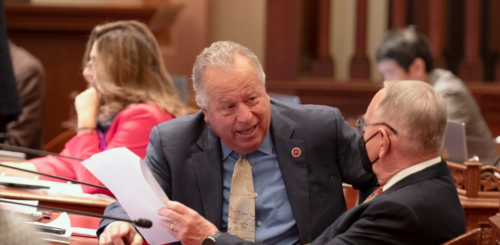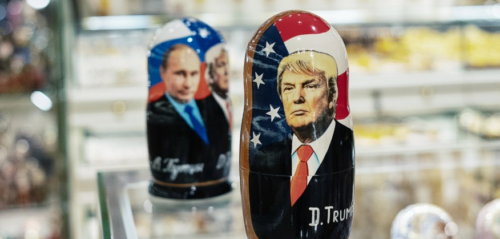PPI’s Ed Gresser Testifies to the Office of the United States Trade Representative on Supply Chain Policy
05.02.2024
Washington, D.C. — Today, Ed Gresser, Vice President and Director for Trade and Global Markets at the Progressive Policy Institute (PPI), testified to the Office of the U.S. Trade Representative (USTR) and interagency trade officials on supply-chain issues. Gresser is formerly the Assistant U.S. Trade Representative for Trade Policy and Economics at USTR.
The hearing, announced in a March Federal Register Notice (FRN), solicited public comment on policy options to ensure the “resilience” of U.S. supply chains. In his testimony, Gresser applauds the agencies for thinking systematically about the way trade and investment policy mesh with logistics and production choices, and agrees that over-concentration of sourcing from single countries — especially those in regions at high geopolitical risk — or small numbers of suppliers creates systemic risk.
Balancing this, Gresser notes that efficient supply chains offer significant benefits too — for example, speeding the development, production, and global delivery of COVID-19 vaccines in 2021 — and a future policy needs to take this into account. He also delivers a constructive critique of some of the premises in the FRN, arguing that: (a) policy should not downgrade the priority of efficiency, which is important to U.S. competitiveness and also helps keep the price of goods affordable; (b) should see high labor and environmental standards as advantages rather than disadvantages; and (c) questioning some overly negative assessments of past trade policies.
Additionally, Gresser responds to several of USTR’s FRN questions about the policy options open to U.S. officials seeking ways to improve supply-chain resilience. Here he makes some suggestions about new types of data the government would need, and suggests thinking about two “buckets” of policy options: one which offers incentives and cost savings through Free Trade Agreements (FTAs), tariff preferences, and eased border inspections; a second which uses disincentives such as import bans and higher tariff rates. Gresser concludes — while the second is sometimes necessary — the first approach is almost always preferable since disincentives can deter U.S. competitiveness due to higher costs.
You can read Gresser’s full testimony here and you can watch the full hearing, including Gresser’s testimony here.
The Progressive Policy Institute (PPI) is a catalyst for policy innovation and political reform based in Washington, D.C. Its mission is to create radically pragmatic ideas for moving America beyond ideological and partisan deadlock. Learn more about PPI by visiting progressivepolicy.org. Find an expert at PPI and follow us on Twitter.
###
Media Contact: Tommy Kaelin – tkaelin@ppionline.org







